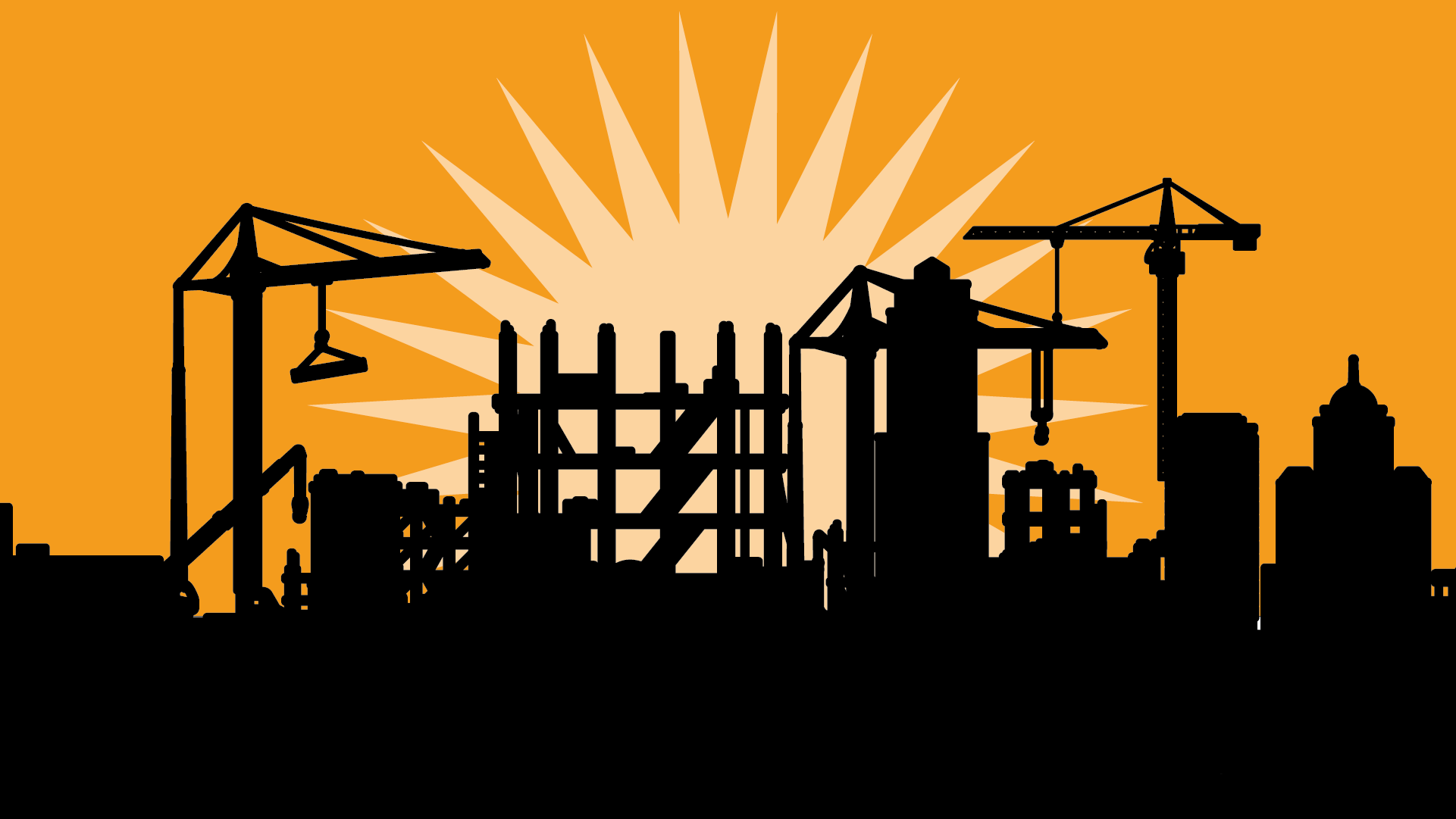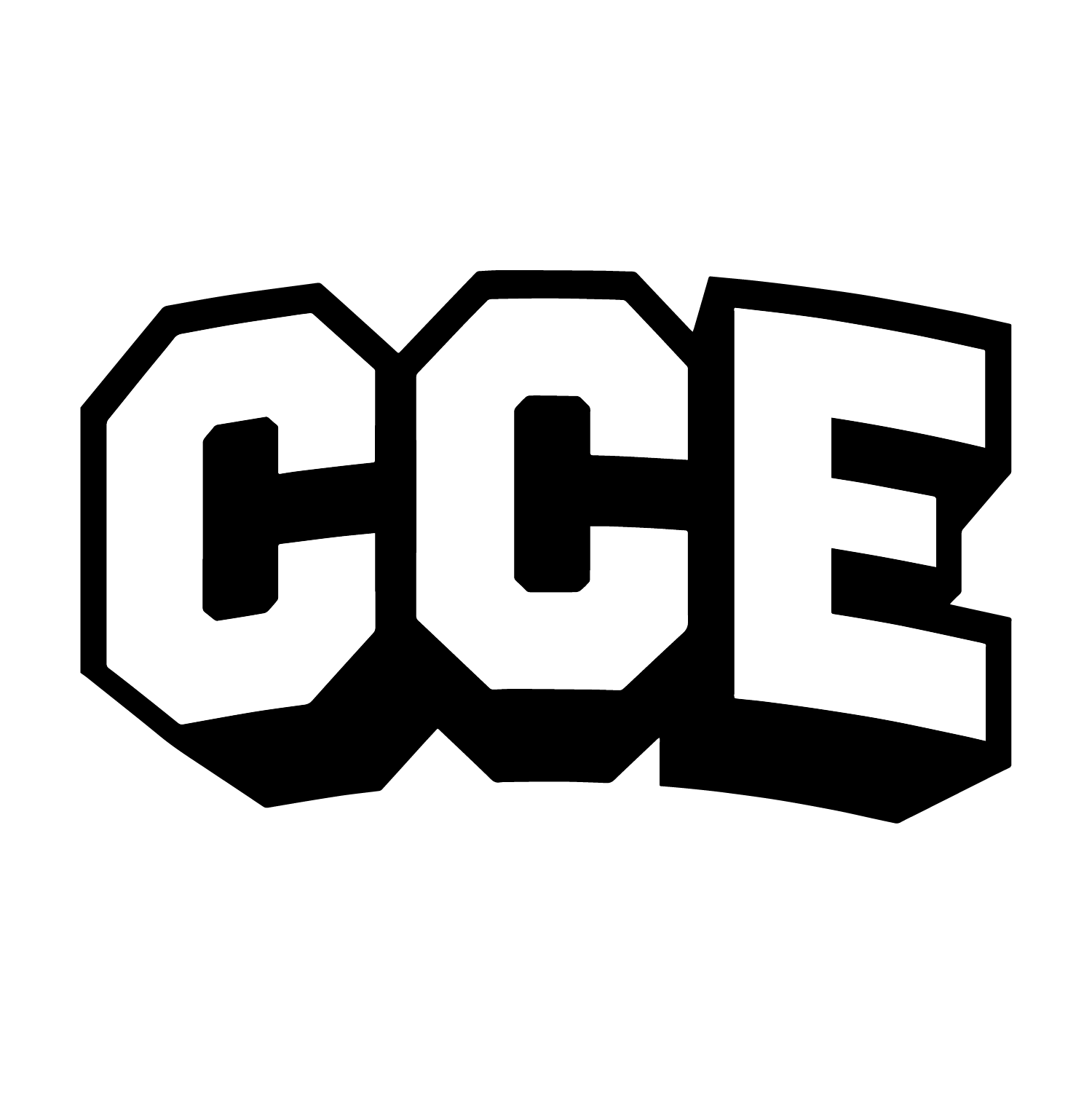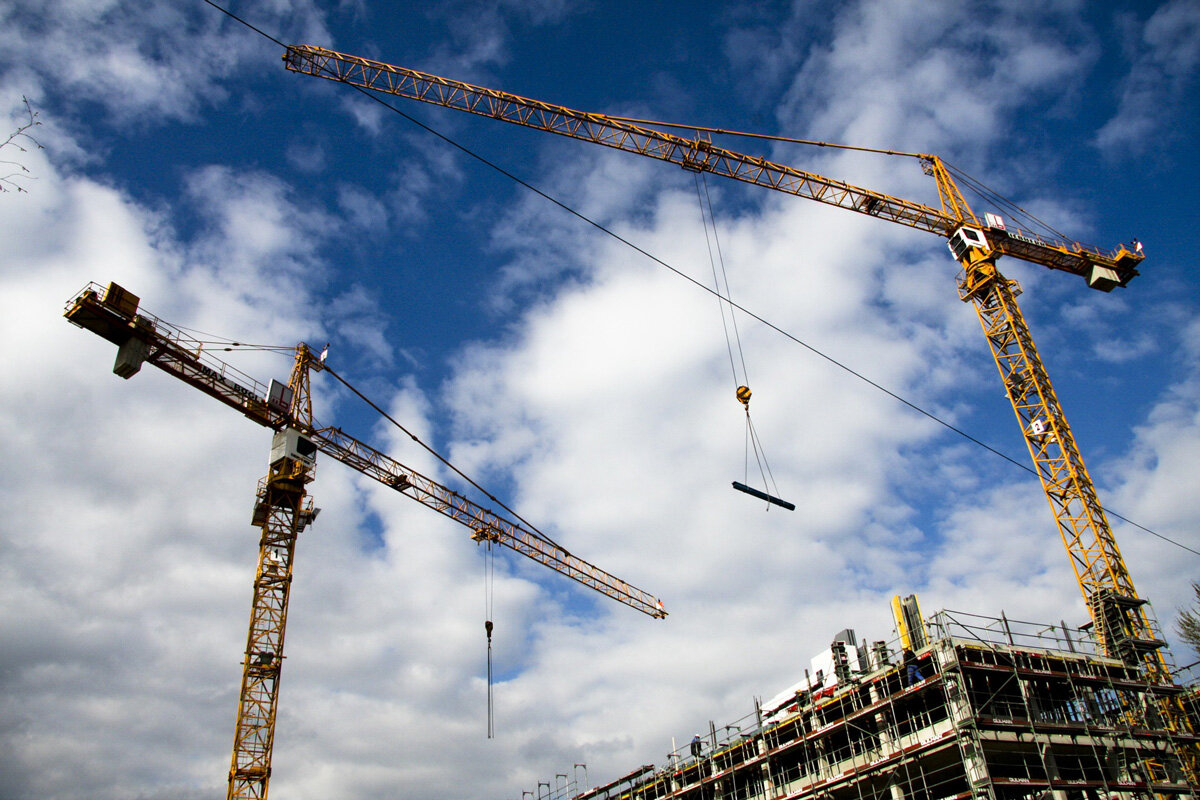
Toolbox Talks
Toolbox Talks safety briefings are an easy and efficient way to keep construction employees safe.
What are Toolbox Talks?
These brief meetings offer an opportunity for team members to learn about potential hazards and preventive measures, as well as a chance for the employer to review safety regulations. They are a great way to ensure that everyone is aware of the safety protocols that must be adhered to in order to prevent accidents and injuries on the job site.
Each toolbox talk has been reviewed and approved by a subject matter expert at L&I DOSH.
NEW! Search Toolbox Talks
Type a search term in the search box below to view English toolbox talks that match your search query. Or, use the category dropdown to view related talks.
Funding and support for the Toolbox Talks project and mobile apps has been provided by the State of Washington, Department of Labor & Industries, Safety & Health Investment Project.
Portable Generator - Avoid Carbon Monoxide Poisoning
Date Posted: 09/02/2016
Electrical generators can save lives by maintaining heat, light, refrigeration and medical equipment during a power outage. These devices can be hazardous if not utilized properly. The following information outlines the specific hazards of carbon monoxide poisoning inherent with the use of generators.
Recycled Concrete
Date Posted: 08/29/2016
Concrete is often used for non-structural fill, road base aggregate, or for specific landscaping projects. In some cases it is more cost effective to recycle a concrete building by crushing it onsite and use the crushed material for the new project. The use of recycled concrete significantly reduces unnecessary material being sent to the landfill.
Respirators
Date Posted: 08/29/2016
We want to protect your body and lungs. When all other engineering and work place practice controls are exhausted, then respirators will be worn when the employee is exposed to harmful dusts, fumes, gases, mists, vapors, and sprays that are above the permitted exposure limits.
Shading Devices
Date Posted: 08/26/2016
Exterior Shading Devices are being installed on green building projects to prevent heat, from the suns rays, from entering the building. Exterior shading devices allow daylight to enter a space while keeping direct sunlight and heat out, using nature to reduce cooling and lighting demands. Depending on their location, shading devices create an additional obstruction and/or obstacle for completing the construction and maintenance of a building.
Silica Exposure
Date Posted: 08/24/2016
Silica is found in many materials common on construction sites, including sand, concrete, rock, mortar, and brick. When workers cut, grind, abrasive blast, jackhammer or perform other tasks that disturb these materials, dust containing crystalline silica can released into the air. Workers who inhale this dust are at risk. Silica can cause serious, sometimes fatal illnesses including a lung disease called silicosis, lung cancer, and chronic obstructive pulmonary disease (COPD).
Welding Fumes
Date Posted: 08/14/2016
One of the most significant health hazards in the welding process is the generation of fumes and gasses. A new welder was assigned to an area where he had never worked before. After welding pipe for several hours, he began to feel ill. As the day progressed, his flu like symptoms worsened and he became lethargic. Metal Fume Fever was the result from welding on galvanized steel.
Working Around Cranes
Date Posted: 08/14/2016
Working around cranes can be dangerous at all times. This danger is not only when loads are moving.
Working Around Traffic
Date Posted: 08/14/2016
Working around traffic, we often think of only the flagger. However, the flagger is not the only one affected by traffic. Many times work zones are located within 2 to 3 feet of live traffic. If a flagger is present, they may be able to give warning of approaching hazards, but if no flaggers are used, then everyone on-site must stay alert.
Working Around or Over Water
Date Posted: 08/14/2016
Most drowning incidents occur in inland waters such as rivers, lakes, canals or marinas and are caused by careless behavior and lack of safety awareness.
Download the FREE
Toolbox Talks App!
Discover, discuss, and document over 150 Toolbox Talks! The Toolbox Talks app makes it simple to find safety talks for both construction and marine industries in English, Spanish, and Russian. Find a talk to review, then document your safety briefing with a signature capture form that generates a PDF of the meeting details that you can email or save to your device.
Funding and support for the Toolbox Talks project and mobile apps has been provided by the State of Washington, Department of Labor & Industries, Safety & Health Investment Project.















